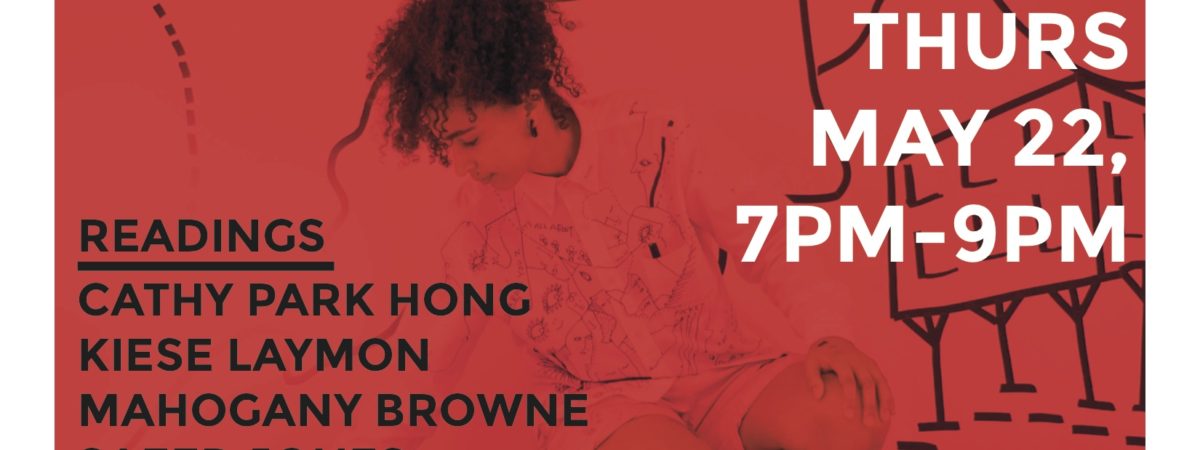Taking it Lying Down: An Interview with R. Erica Doyle
“You have come to do an autopsy and at the first excision found a beating heart.” R. Erica Doyle’s Proxy cuts with terrifying precision as it performs an autopsy on desire. Proxy was published by Belladonna* and won the Poetry Society of America’s Norma Farber First Book Award, and was a Lambda Literary Award finalist. I sat down with Doyle to discuss. Cecca Ochoa: How did Proxy begin? R.Erica Doyle: The origin of Proxy was an exercise in exposure and vulnerability. I was in Patricia Smith’s workshop, and there was an exercise to write about a taboo. Not something that is a taboo in society, but what is taboo to you. Maybe it is taboo to you to write about piercing your nipples, but I don’t really care. At the time what was taboo was writing about the really fucked up things that women did to each other in relationships. Right now there is this call out culture, but it’s not really happening in a real way, in my opinion. CO: It’s a game, now. RED: Yeah, it’s a game. People are not calling out some real things that they could call out. But, that was something that a couple... Read More



